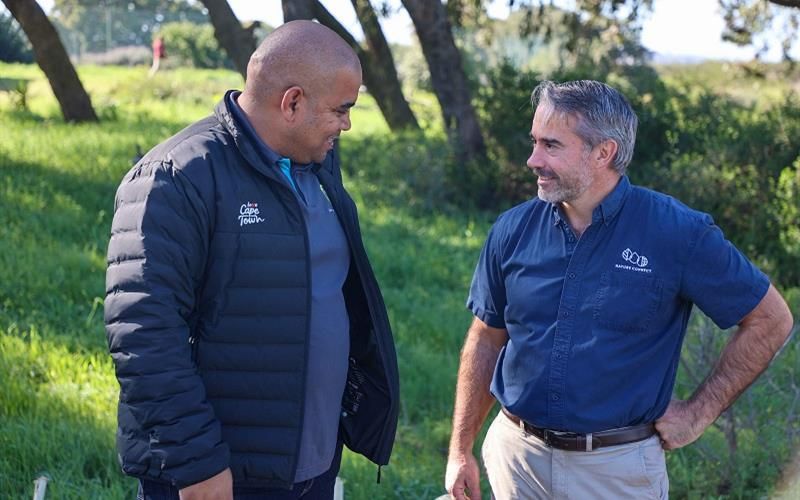In today’s world, artificial intelligence has become an essential part of our daily lives. It has brought about significant advancements in various industries, but it has also given rise to a worrying trend. What started as a fun tool for voice recreation has now become a significant threat to users of voice-enabled technology such as WhatsApp voice notes.
The Malicious Use of Generative AI
The advancement of AI technology has given criminals the ability to create deep fakes of individuals’ voices. This has led to an increase in instances of realistic voice scams, leaving users of voice-enabled technology vulnerable. Criminals have been using AI generative technology to clone people’s voices, posing a significant threat to businesses and individuals alike.
The Reality of Voice Scams
Various scams have been perpetrated through WhatsApp voice notes, including kidnapping hoaxes, fake interactions on trading platforms such as Gumtree, and requests for passwords or money from friends or family. These scams are often difficult to detect, leaving users at risk of falling prey to criminals’ malicious intentions.
The Need for Protection
To protect oneself from such threats, it is essential to implement strong authentication processes, particularly for financial transactions. Relying solely on a WhatsApp voice note from one individual should not be considered sufficient for initiating monetary transfers or changing a password. Individuals should also be educated and vigilant about the risks associated with voice-enabled technology.
As AI technology continues to advance, individuals and businesses alike must remain vigilant. With the rise of voice cloning and its potential misuse, it is crucial to be aware of the risks associated with voice-enabled technology. By implementing strong authentication processes and staying educated about these risks, individuals and businesses can safeguard against the malicious use of AI in voice cloning and beyond.










